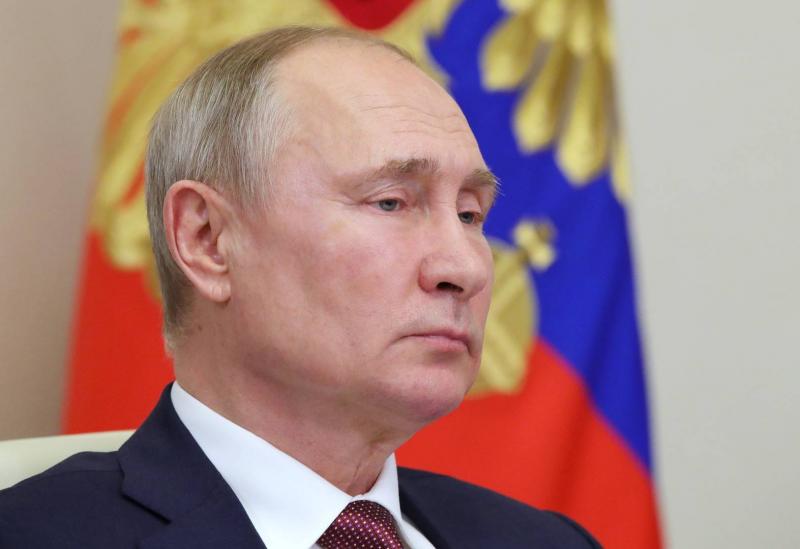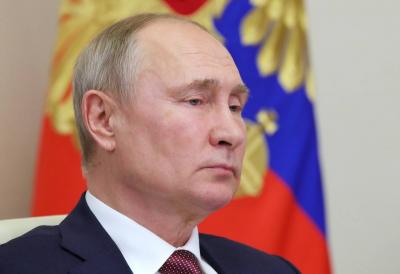Russian President Vladimir Putin confirmed that the OPEC+ agreement will continue until the end of 2022, and there is an opportunity to extend cooperation further within this alliance. Putin pointed out that the natural gas market is unbalanced and unpredictable, especially in Europe, explaining that the electricity shortage is the reason behind the rise in gas prices in Europe, not the other way around. He stated that Moscow is fulfilling its contractual obligations to supply gas there and is ready to discuss additional actions.
Putin added that there is a need to agree on how to stabilize energy markets. He mentioned that Russia intends to increase liquefied natural gas production to 140 million tons annually by 2035. The Russian president also expressed that Moscow is ready to discuss additional actions, anticipating that the price of oil could reach $100 per barrel. He stated at an economic conference on Wednesday, "This (a price of $100 per barrel) is achievable... We and our partners in OPEC+ are doing our best to stabilize the markets."
The OPEC+ alliance includes members of the Organization of the Petroleum Exporting Countries (OPEC) and Russia along with other allies. Alexander Novak, Russia's Deputy Prime Minister and chief negotiator, stated in early September that the OPEC and its allies, known as OPEC+, achieved the goal of eliminating the oil surplus in the global market, adding that it is now important to maintain market balance. He continued, "Joint actions allowed us to eliminate the surplus (of oil) that accumulated when demand was low. I believe we have completed this task, and now the important thing is to maintain this balance and synchronize production and demand with the market recovery."
In its latest meeting in October, the group adhered to its July agreement to increase production by 400,000 barrels per day each month until at least April 2022 to gradually phase out cuts totaling 5.8 million barrels per day. The group is facing pressure from major consumers like the United States and India to increase supplies to help calm price increases, which have surged by 50% this year.




